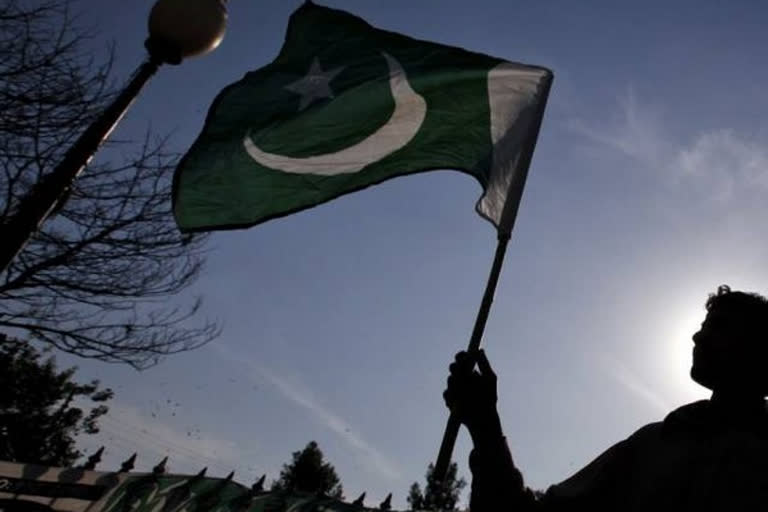Islamabad: Pakistan's government has hiked fuel prices by up to 29 per cent, removing fuel subsidies in an attempt to trim the fiscal deficit and secure critical support from the IMF for the cash-strapped economy. This is the third cut in fuel subsidies by the government headed by Prime Minister Shehbaz Sharif in about 20 days.
The new prices came into effect from Wednesday midnight and showed a massive hike of Rs 24 per litre in petrol prices and Rs 59.16 per litre of high-speed diesel (HSD) the two products used by everyone directly or indirectly, Finance Minister Miftah Ismail said. The latest rise came on top of an already Rs 60 increase in the prices of petroleum since May 25. The new petrol price has been fixed at Rs 233.89 per litre, HSD at Rs 263.31 per litre and kerosene oil at Rs 211.47 per litre.
He said the prices of all products had now been brought to their purchase price and the element of subsidy or price differential claim had been eliminated. There is no more government loss on the sale of petroleum products, he said, hoping to conclude an agreement with the International Monetary Fund for reviving loan support. Prime Minister Sharif on Thursday defended the unpopular moves, saying that the government was "left with no choice" because of "those who struck the worst ever deal" with the IMF.
Finance Minister Ismail also blamed the previous Imran Khan government for making a faulty agreement with the IMF that had tied the hands of the incumbent and forced it to increase oil prices to put the economy on the right track. If we don't increase oil prices, the country could face a default, he said, admitting that the middle class would suffer from the petrol price hike. After the new prices, the government finally removed all subsidies given on petroleum which was a key demand by the IMF to restore the USD 6 billion assistance package signed in 2019.
